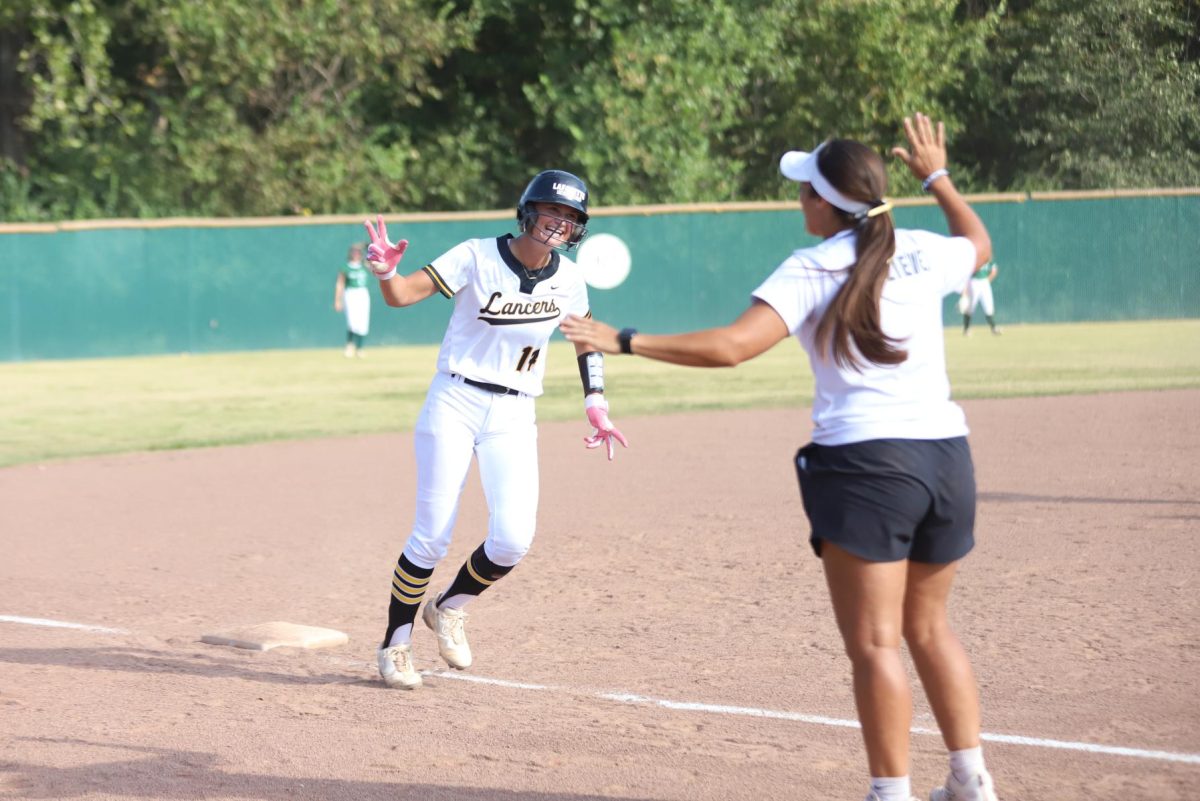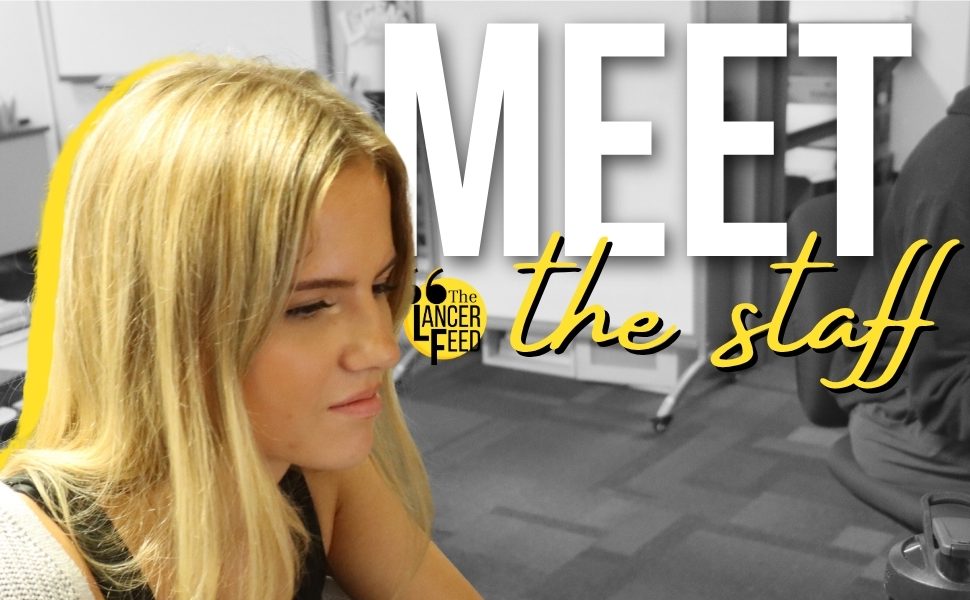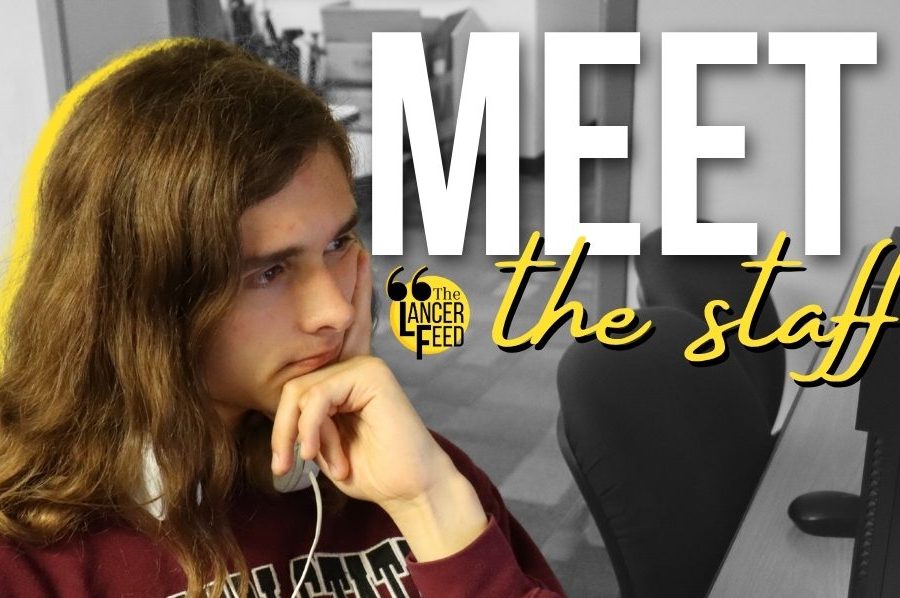As Seen in The Image: Students, staff weigh in on grading practices
In lieu of Melissa Schumacher’s Letter to the Editor to stltoday.com, The Image asked staff and students to share their opinions on the Rockwood School District’s potential/implemented grading practices Schumacher expressed concern about.
“Due dates for class work may not be enforced”
“As far as the not enforcing due dates, I think I believe it is a situation where there are different interpretations. Based on your core curriculum, some courses’ policy works much better than others. I think it does need to be viewed on a curriculum based decision as opposed to a blanket statement.”- Doug Ell, social studies teacher
“Students are just going to slack off until the very last minute, which teaches them to procrastinate.”- Cameron Grant, junior
“I think it has its pros and cons. I think it’s a good idea for students to be able to get their work in and not be penalized. I would like to see a stricter policy in terms of repercussions for kids that are habitually turning in their stuff late. The policy is so new and there’s still a lot of stuff that needs to be looked at. It benefits some but the ones that are always turning in their stuff late are still going to turn in their stuff late unless they have some sort of repercussion…But if you continue to do it the punishment should be more strict, like a detention or ISS or out of school, and I think then students would realize this is a big deal and they need to get [their work] in.”- Crystal Gray, language arts teacher
“Despite the idea that due dates cannot be enforced there are still additional ways for teachers to handle this issue. Motivation is going to be a key issue in education for the foreseeable future and while this policy does not necessarily help with that issue, there are still ways to work to motivate students that do not violate any policies.”- Donald Kreienkamp language arts teacher
“I don’t like it very much because when we get to college we are going to be so used to teachers saying ‘Oh just turn it in before the semester ends!” where in college it will be a set date and after that it is a zero. I feel like I will be unprepared.”- True Morse, sophomore
“Homework cannot be counted for a grade”
“I think that there are a lot of growing pains with that being a relatively new policy. A lot of people think that it’s going to change students’ motivation to do homework, but in my opinion I think it better prepares them for after high school life because I went to Mizzou and homework never counted as a grade. Also I think it gives the teachers and the parents and the students a better grasp of their actual understanding of the content because with homework you never really know who’s doing it because it’s taking place outside of the classroom. So I would rather just have assessments count towards their grade so that I really know and it’s great that they’ve earned it on their own.”- Anonymous, teacher
“Homework should not be counted towards the grade as it does not accurately reflect what the student truly knows, understands and is able to do. I think the current policy of not counting homework towards the grade is beneficial in that it allows us to accurately communicate performance with parents, other teachers, counselors and most importantly, the student. Yes, my PLC and I abide by this policy. We communicate with parents via Infinite Campus if students are completing the homework assignments and how that impacts their performance on any type of assessment.”- Brian Fish, foreign language teacher
“If homework isn’t graded it makes kids irresponsible. If you had homework graded, even if it is just some of it and not all of it, it will make people more responsible so that when they go into college or the work force that they will be able to make deadlines.”- John Harrop, freshman
“Tests, quizzes and projects may be redone until the desired grade is achieved”
“I think it is a horrible idea to give students as many retakes as they want because for some of my higher level students, I already see the attitude of, ‘I didn’t study for the test, so I will just retake it.’ They basically play the system. The retake policy is really supposed to be for students that didn’t understand the material, rather than to give students a second chance because they didn’t study properly the night before. I think its teaching students to not be accountable because once you get into college, there are no retakes. When you get into college, you better study for your test and get help before because once you take that test, you’re done. I don’t think it would really prepare students to be college or career ready by giving as many retakes as the students want. However, if there was a student that really didn’t understand the material, and really tried, then I think a retake is a great way to assess what they know. A one size retake for everybody isn’t the answer. It needs to be more individualized.”- Amy Hall, science teacher
“That would be stupid. What’s going to be my motivation to try, pay attention and do well the first time. Maybe in some cases one retake would be okay, but if you take a test over and over again to get the grade you want, then everyone is going to be getting really good grades and not really even earning it.”- Erika Heckemeyer, senior
“I am in support of a structured retake policy. I am not in support of students being able to retake as many times as they feel necessary. I feel that way for a couple of different reasons. One reason is teacher-centered because that would be an organizational mess. It would be kind of a nightmare. The fact of the matter is that time stops for no one and that includes people wanting to retake assignments. I mean, eventually we’re going to have to move forward and get on with the curriculum that we’re trying to teach. We can only give so many opportunities before it’s an impossibility to continue doing that. But another reason is student centered. I’m concerned that if we went to a policy where you could retake as many times as you want whenever you want that it’s only going to perpetuate what we’re already starting to see a little bit of already where students are picking and choosing what they will and will not study for. But they are still managing because they’re like, ‘Oh well, I’ll study for this one because I can retake that one. I’ll just retake that one later.’ So they don’t study and bomb it but they know that there is no consequence if they bomb it. I think we would be giving students a disservice because the real world doesn’t work that way.”- Lauren Sakowski, fine arts teacher
“Students will earn a 50 percent on all assignments whether they are turned in or not” (according to Schumacher, School Board “expected to approve”)
“I have concerns about the “F” category being 60 spots deep unlike other letter grades and thus I probably wouldn’t give a student who puts in effort on an assignment below a 50 percent. However, I’m still not sold on the idea that a 0 percent is equal to other “Fs.” I understand some of the philosophy motivating these discussions, but I’m not sure creating points in a gradebook where none truly exist is the proper solution,” Steve Klawiter, social studies teacher
“I don’t think students should get any credit for an assignment if they didn’t put any effort into completing it. But, if a student attempts the assignment, I think they should receive half credit. If the district is going to make a 50 percent the lowest grade students can receive, then the entire grading scale should be changed as well.”- Shannon Campbell, science teacher
“Cheating and plagiarism will not result in a zero” (according to Schumacher, School Board “expected to approve”)
“It should be a zero. That’s a lesson that kids learn that doesn’t have anything to do with academics; you have consequences for your actions, and you know the consequences to your actions because you’ve done it and this is what happened. They should still be required to do the work and it should be in some sort of detention after school, before school to finish it or to do it themselves. The non-academic indicator stuff is starting to get a little bit like: well it does affect their academics; they were cheating on something that’s academics. So, I do think they should be getting a zero.”- Jodie Fowler, industrial technology teacher
“That [policy] I’m less hip with because you need to teach a student very quickly that that is a problem. Again, I understand the philosophy that you want to punish the behavior not the lack of knowledge, but if it’s not going to be a zero then there needs to be a very harsh punishment that’s not necessarily point-based…but it has to be like several Saturday [detentions]; there has to be something really harsh to back that up because you have to knock that off right away.”- Jeffrey Landow, language arts teacher
Editor’s Note: over 15 staff members declined to comment their opinion on some or all of the above practices
Tell us what you think about these practices/potential practices by writing in the comments section below or emailing [email protected].
Your donation will allow our student journalists to continue their work. You may become a PATRON by making a donation at one of these levels: White/$30, Black/$50, Gold/$100. Patron names will be published on the website and once per quarter on our social media accounts.


































